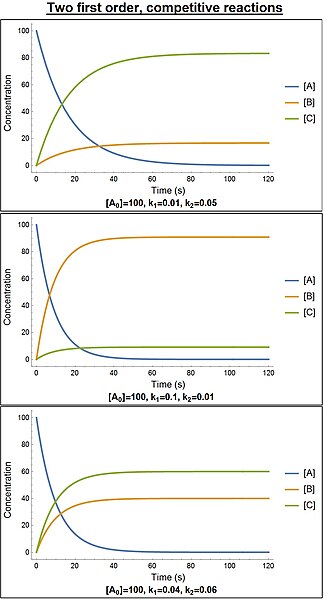Infinite photos and videos for every Wiki article ·
Find something interesting to watch in seconds
Celebrities
Wonders of Nature
Wars and Battles
Ancient Marvels
Famous Castles
Largest Empires
Supercars
Great Museums
Animals
Rare Coins
Best Campuses
Great Cities
Recovered Treasures
Kings of France
Richest US Counties
World Banknotes
Crown Jewels
History by Country
Countries of the World
Largest Palaces
Orders and Medals
Sports
British Monarchs
Presidents
Great Artists
Tallest Buildings
more top lists



